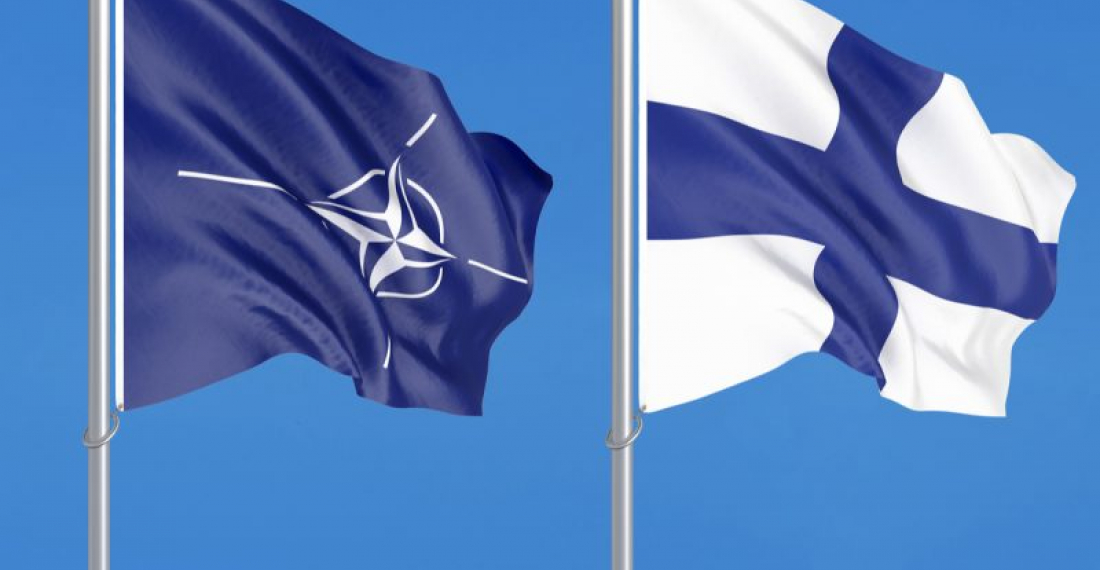After World War II, the Nordic nation of Finland always considered it essential to remain neutral and thus not become a member of the North Atlantic Treaty Organization (NATO). However, the Russian invasion of Ukraine appears to have fundamentally shifted that conviction.
Current global political tensions are shaking Finnish public opinion. Finland has a 1,300-kilometre border with Russia. Neighbouring Sweden recently increased its military footprint on the island and province of Gotland, in the Baltic Sea, for fear of a Russian military invasion.
Finland was a neutral buffer between the Soviet Union and the West in the Cold War. However, the signs of change since Russia began its invasion of Ukraine last week are unmistakable. "The Finnish security situation has changed", said Finland's Prime Minister Sanna Marin on 1 March, a few hours before the Finnish parliament, the Eduskunta, opened a debate on NATO membership. The result was a majority in favour of NATO membership.
With the debate on NATO membership, Finland is changing a historical taboo. Although the nation already cooperates militarily with Western countries, joining NATO has always been a sensitive issue. However, since 2014 it has been cooperating closely with the Baltic States militarily. While the situation on its eastern border remained stable, Finland seemed to have confidence in its national defence.
Nevertheless, 50,000 Finnish citizens supported a 'national referendum on joining NATO' through a grassroots initiative in less than a week. Any proposal that gets that many votes must be discussed in parliament. This does not make the referendum a legal fact, but it does represent a political shift. The parliament will soon debate the citizens' initiative for a referendum on joining NATO. A recent poll found that a clear majority of Finnish citizens favour joining NATO for the first time amid the war in Ukraine. It has already led the Kremlin to warn of 'serious military-political consequences' should Finland join NATO.
Despite the shift from neutrality and the political earthquake, the fear of Russian aggression has also returned. Some Finns interpreted the speech of Russian President Vladimir Putin, prior to the start of Russia's invasion of Ukraine, as indicating that Finland should never have become independent either. Like Ukraine, the Finns gained independence through the Russian Revolution in March 1917.
NATO has indicated that it is open to any country sharing its values and suggested that a fast-track accession procedure might be possible. Indeed, the President of Finland Sauli Niinistö spoke with the American President Joe Biden last Friday (4 March) at the White House in Washington D.C. Considering the situation in Ukraine and the vote in Finland, the conversation takes place at a sensitive moment, but it opens up new possibilities.






